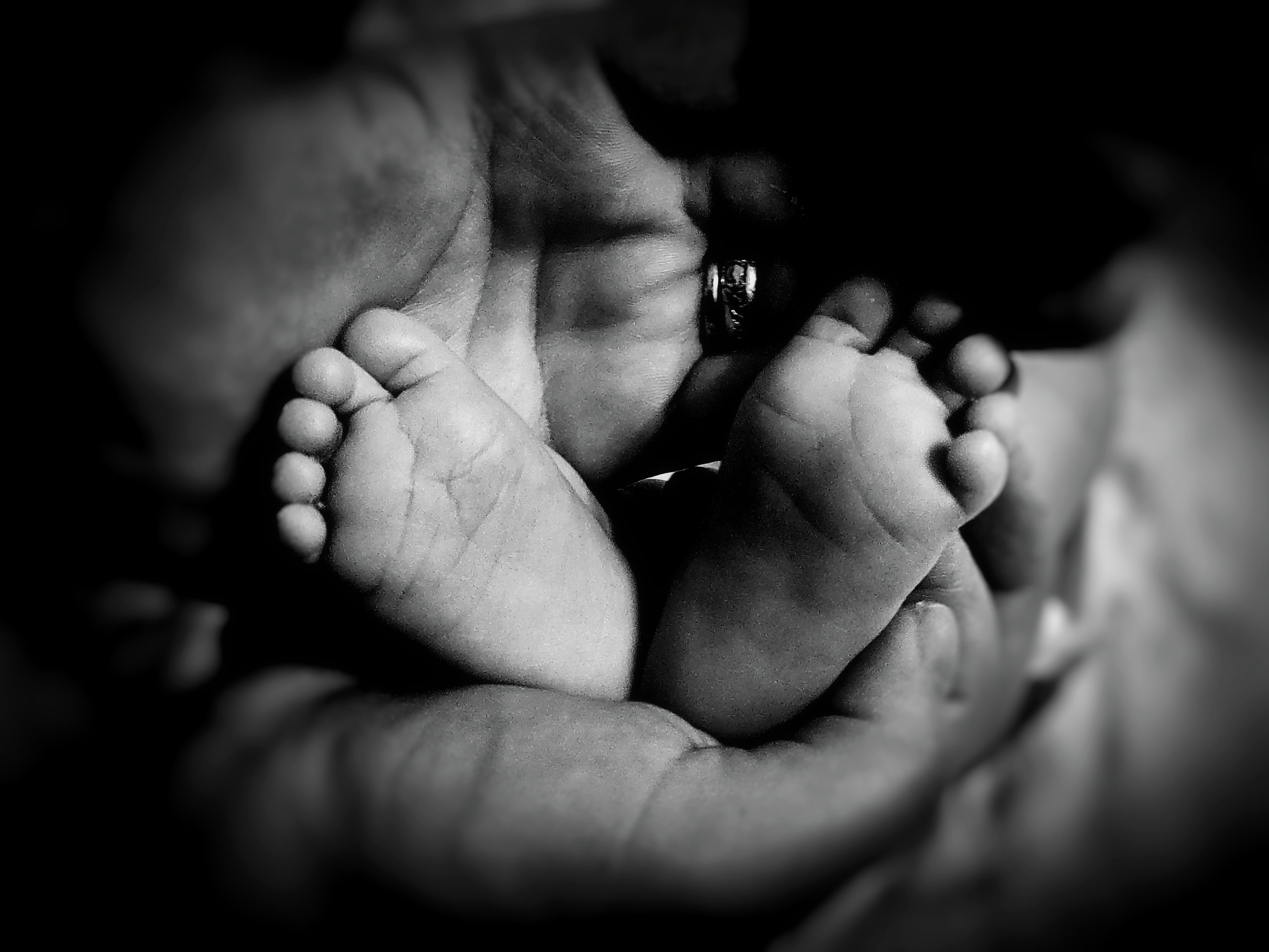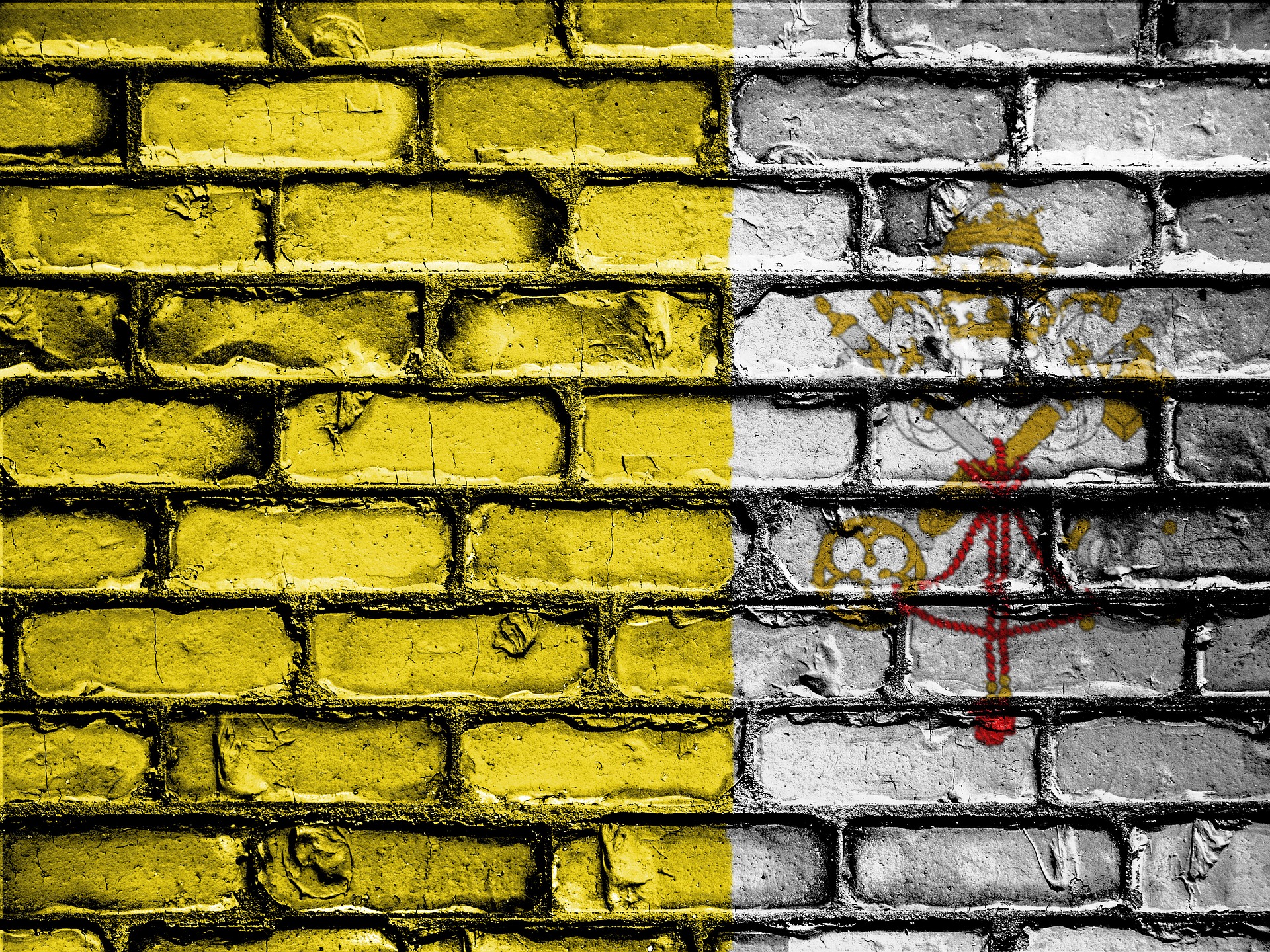Understandably, it is not always an easy task to welcome a stranger into one’s house. Likewise, looking at this issue from an international level, it is not always easy to welcome migrants with an open heart into one’s own country. At first glance, it might be seen as an ‘invasion of privacy’ and as ‘the downfall of the country’s identity’ which to some extent this is very true. However, it would be interesting to look at it from the perspective of the three monotheistic religions and understand whether there are other ways one can perceive this concept and thus, make one’s life easier while understanding what the monotheistic religions have to offer. I intend to discuss the Christian perspective first. In future blogs, I intend to provide the perspective of Judaism and Islam on this topic.
By having a look at the Scriptures one can identify the encouragement to welcoming the stranger from the Christian point of view. The immigrant is seen as vulnerable and in need of help. Christians are obliged to aid and care for those in need of it as The Parable of the Sheep and Goats explains well enough. During its explanation on the Judgement of the Nations, after separating the sheep (i.e. good willed) from the goats (i.e. not obedient) on his right hand side and on his left hand side respectively, the King (i.e. God) says six statements one of which is:
“… I was a stranger and you welcomed me” (Matthew 25: 35)
But how does one welcome God as a Christian? Is God ever a stranger? In fact,
“… as you did it to one of the least of these my brethren, you did it to me.” (Matthew 25: 40)
In the Christian world therefore, besides being obligatory, assisting the stranger on this earth is considered, as helping God himself, which would then save the Christian a place in the heavens if done from the heart (i.e. thus, when the act is not to simply be rewarded in the afterlife). We must remember that In Christianity, God created human beings in imago dei, “… in the image of God he created them…” (Gen 1:27).
Although the ‘stranger’ may have different religious views, that does not mean that people cannot get along well together. The way forward is interreligious dialogue. No matter what one’s beliefs are, dialogue will always remain necessary among human beings. Within the Catholic Church, there has been several discussions regarding this concept. I would mostly like to discuss The Pontifical Council for Interreligious Dialogue as well as Pope Francis’ input on the matter.
The Pontifical Council for Interreligious Dialogue
On the 19th of May 1964 Pope Paul VI founded the Secretariat of the Non-Christians, which was renamed by Pope John Paul II on the 28th of June 1988 as the Pontifical Council for Interreligious Dialogue. This is the main office of the Catholic Church that promotes communication among different religions in accordance to the Second Vatican Council, particularly Nostra Aetate. Its responsibilities are the following:
Promoting understanding and mutual respect between Catholics and others of different religions.
Encouraging the study of distinct religions.
Promoting persons that are devoted to dialogue.
http://www.pcinterreligious.org/nature-and-goals-of-the-council_34.html
Nostra Aetate mentions the word ‘dialogue’ twice. In the first occurrence it insists on dialogue among all believers of all religions:
“The Church, therefore, exhorts her sons, that through dialogue and collaboration with the followers of other religions carried out with prudence and love and in witness to the Christian faith and life, they recognize, preserve and promote the good things, spiritual and moral, as well as the socio-cultural values found among these men.”
Pope Paul VI, Encyclical Letter, Nostra Aetate, 2
In the second occurrence it focuses on the similarities that exist between the Christianity and the Judaism:
“Since the spiritual patrimony common to Christians and Jews is thus so great, this sacred synod wants to foster and recommend that mutual understanding and respect which is the fruit, above all, of biblical and theological studies as well as of fraternal dialogues.”
Pope Paul VI, Encyclical Letter, Nostra Aetate, 4
Pope Francis and the Importance of Interreligious Dialogue
Pope Francis continuously encourages political leaders for world peace and he stated that no one should give up on the ongoing conflicts of the Middle East. He insists that people of all beliefs living in the same country should be able to practise their religion freely while all of them remain obliged to obey and respect the laws and duties of the state they live in. While addressing Turkish leaders, the Pope stresses how important human rights and human dignity are. Interreligious Dialogue and Intercultural Dialogue can be a great deal of devotion to help stopping all ways of fundamentalism and terrorism.
Pope Francis believes that the best way to counter these two is when all believers show solidarity because military forces will not be the only solution.
http://en.radiovaticana.va/news/2014/11/28/pope_francis_need_for_interreligious_dialogue_/1112757
Pope Francis states that,
“… the future for interreligious dialogue lies in the coexistence of respectful diversity, and the fundamental right to religious freedom, in all its dimensions. “
https://www.wccm.org/content/pope-francis-interreligious-dialogue-foster-respect-and-friendship
In conclusion, although it might seem impossible to live together in harmony in the beginning, there can be a solution. If religious freedom is properly recognised and if diversity is respected from both the guest (i.e. the ‘stranger’) and the host, it will not only be a charitable experience but it will also be beneficial for self-growth for both parties.



0 Comments